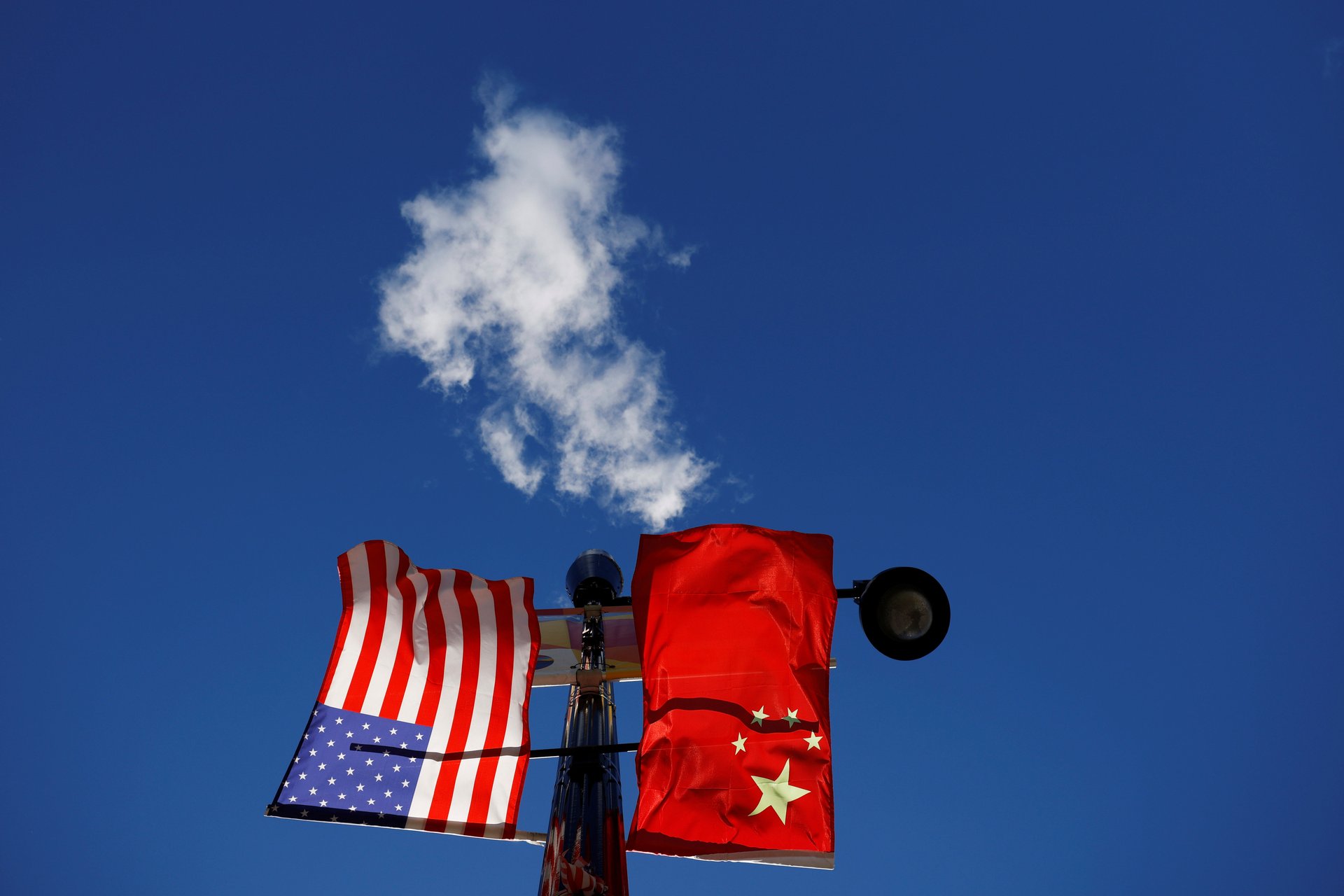One in four Americans now sees China as an enemy of the US
One in two Americans regards China as a competitor, while just 6% view China as a partner of the US

The US-China rivalry is no longer confined to the halls of power, but has spilled decisively over into the American public consciousness. And putting that genie back into the bottle is getting harder by the year, as new survey results from the the Washington, DC-based Pew Research Center suggest.
Suggested Reading
One in four Americans now sees China as an enemy of the US, 4% higher than in 2021 and 3% higher than just before the Russia-Ukraine war broke out, according to Pew. About half of those surveyed see China is a competitor, while just 6% say China is a partner.
Related Content
Pew’s online survey polled 3,576 US adults in March 2023. The survey is weighted to be representative of the US adult population.
US perceptions of China are at an all-time low
While Washington’s stance on China—outlined last May in a speech by US Secretary of State Antony Blinken—is to “compete with confidence ... cooperate wherever we can ... [and] contest where we must,” American public opinion now sees dwindling opportunities for cooperation with China.
“When asked about five possible areas for cooperation between the U.S. and China, Americans express skepticism about partnering together on most issues,” Pew noted in its report accompanying the survey results.
The majority of Americans think Washington and Beijing will be unable to cooperate on climate change, respond to the spread of infectious diseases, or resolve international conflicts. Americans do see a higher likelihood of cooperation with China on trade and economic policy and on student exchange programs, with at least 50% saying the two countries can cooperate on each of these issues.
As a result, the prospects for substantive economic and technological cooperation between Washington and Beijing may be even gloomier than Americans realize.
